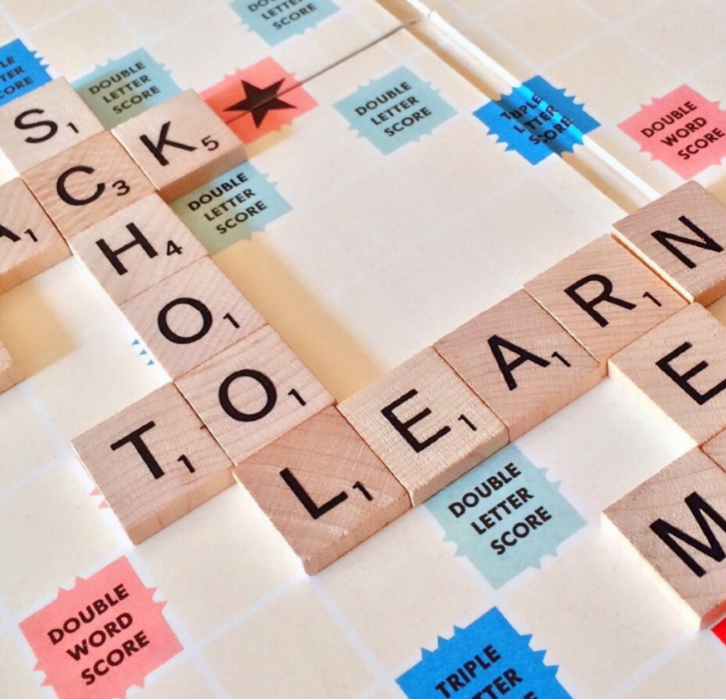Dear Teacher:
I adopted my daughter through foster care. Her birth parents were addicts, and she experienced neglect and abuse in her early years. No one answered her cries on a regular basis; no one consistent changed her when her diaper was wet or fed her when she got hungry. Because of these experiences, she formed Reactive Attachment Disorder*.
My daughter’s brain has developed differently than a typical child’s–it has been wired for survival. Because her needs were only met occasionally, she learned that the only person she could count on was herself. This means she has to be in control at all times. If she isn’t, then she acts out with oppositional behavior and temper tantrums. Her oppositional behavior tends to be passive-aggressive, such as acting helpless when you tell her to do something. Her temper tantrums consist of crying and sometimes screaming, stomping, and kicking.
When she acts in these ways, it’s imperative to stay calm and neutral. If you don’t, she will feed off of your reaction and her tantrum will drag on. Alternatively, if you show sympathy, she will take advantage of you. I understand these suggestions are counter-intuitive to raising children but keep in mind she didn’t learn about trust and unconditional love, so she believes people are to be used and then discarded when no longer needed.
Her early years were so unpredictable she didn’t form an attachment to her caregiver. This inconsistent parenting sent the message that she isn’t worthy, and she has low self-confidence as a result. Her low self-esteem often gets in the way of her potential. For example, she’s unlikely to ask questions when she doesn’t understand a lesson so please check in frequently to avoid homework struggles. This brings me to my next point.
Homework and other ways to help
Homework is always a problem and it affects our already-tenuous relationship. There may be days we send her to school with an incomplete assignment and a note requesting she finish at recess. There are numerous other challenges we face at home and have found enforcing a strict routine helps decrease these. When we don’t participate in after-school events, please remember we’re trying to contain the stress level at home.
It is important to be aware, especially on field trips, that she is very outgoing and may go off with someone she doesn’t know. Because she is so friendly, you may question us about her having attachment disorder. In fact, one of her prior teachers said, “she could make friends with a wall.” What you need to know is that her friendliness is a superficial connection.
In fact, as much as she tries to fit in, she doesn’t understand feelings. My cat died a few years ago. My husband, other two children, and myself stood by his grave crying. She didn’t participate in mourning his loss nor did she try to provide comfort. Instead, she stood to the side watching us, a perplexed look on her face.
Even though she has been living with us for eight years and has made great strides, she still cannot completely understand or accept that she is safe and can trust us. As a result, the above-mentioned behaviors may pop up, perhaps without an obvious trigger. With your understanding and support, my daughter will continue to receive an education not only in academics but also in love and trust.
Thank you for helping my daughter succeed.
—–
*Note: The DSM-IV defined reactive attachment disorder (RAD) as a single disturbance with 2 subtypes. The DSM-V (like the ICD-10) recognizes RAD as 2 separate disorders: reactive attachment disorder of infancy and early childhood and disinhibited social engagement disorder (DSED). Many children have no formal diagnosis of RAD or DSED but still struggle considerably with various behaviors consistent with early trauma and/or poor attachment due to separation from birth parent.



